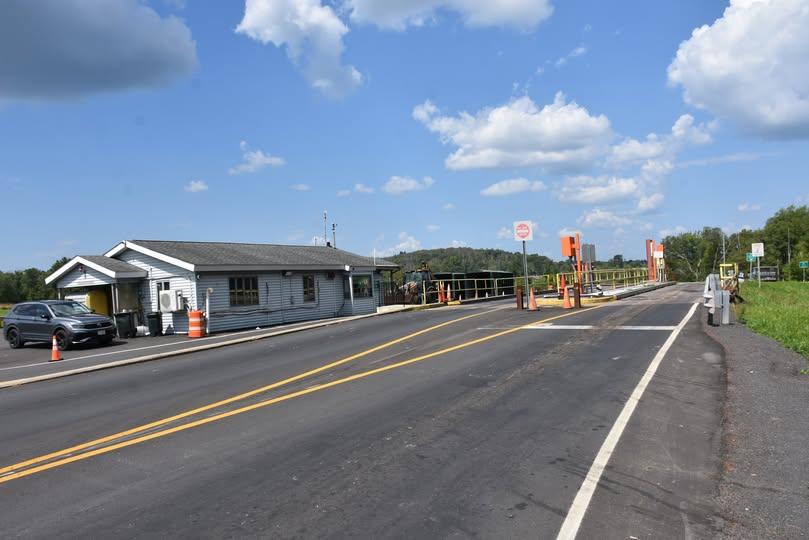This month, the Sullivan County Legislature approved an increase in tipping fees for waste haulers delivering trash to county transfer stations, a decision driven by escalating costs.
“Since this has been something of interest and concern to the public, we want citizens to understand how and why we came to this decision,” explained Legislature Chair Nadia Rajsz. “We were forced to raise rates because of our rising exportation costs. In the meantime, we are diligently looking at other means of handling our waste.”
“With rumors and assumptions floating around, it’s important for people to know the reality of our garbage disposal service, which is getting more expensive,” said Vice Chair Joe Perrello, who chairs the Legislature’s Public Works Committee. “We are spreading the cost of the system more fairly across actual users instead of taxpayers, and we intend to enforce our flow-control rules (waste produced in Sullivan County must be disposed in Sullivan County). Still, this is a burden on everyone, which is why I support seriously looking at a waste-to-energy plant.”
“While no one’s happy with increased rates, we continue to actively work on solutions to address the challenges ahead,” District 1 Legislator and Majority Leader Matt McPhillips stated. “We share the concerns of our communities and businesses about rising costs. A more comprehensive solution is needed to secure our future ability to serve the public at a price that is affordable.”
“We were notified of the rate increase at the last minute in December,” said District 4 Legislator and Minority Leader Nick Salomone. “Due to public reaction, I think we need to find a solution next year to take the burden off the homeowner, perhaps using the sales tax surplus. I’d like to make that decision by or before July 1, when the higher rate kicks in.”
What is a Tipping Fee?
A tipping fee is charged by waste management facilities like those in Sullivan County to cover the cost of receiving and processing trash. Waste haulers, who transport large quantities of waste from homes and businesses, are charged by the ton, while residents who drop off smaller amounts of trash at transfer stations typically pay a per-bag fee.
Current Tipping Fee in Sullivan County
As of December 2024, Sullivan County charges $120 per ton for municipal solid waste (MSW) and construction and demolition (C&D) debris. Starting January 1, 2025, the MSW tipping fee will increase to $136.50 per ton, with a final increase to $150 per ton for both MSW and C&D debris in the second half of the year.
Why Are Tipping Fees Rising?
The increase is driven by an 11% rate hike from IESI, the company that hauls trash to the Seneca Meadows Landfill in Waterloo, NY. This price increase is expected to cost the county an additional $1 million annually, as Sullivan County transports roughly 100,000 tons of waste to Seneca Meadows each year.
The county’s solid waste program has faced growing costs for several years, especially since the elimination of the Solid Waste User Fee. In 2024, expenses reached nearly $1.3 million, and they are projected to rise to $2 million in 2025. To balance these costs, the county will raise tipping fees.
Were Alternatives Explored?
Yes, according to the Legislature. Shipping trash out of state was considered, but it would come at an even higher cost. Instead, legislators are looking into long-term solutions, such as creating a composting center and exploring waste-to-energy facilities. Earlier this year, the legislature toured a waste-to-energy facility in Long Island operated by Reworld/Covanta, which is submitting a proposal to Sullivan County.
Additionally, the county plans to apply for state approval to build a composting center at the Monticello Transfer Station. However, implementing these alternatives will take several years and will require numerous regulatory approvals.
Looking Ahead
Sullivan County officials say they are committed to finding sustainable and cost-effective solutions to waste management.
Image: The scales at the Monticello, NY, Transfer Station which weigh incoming and outgoing trucks. (Credit Sullivan County Government)

